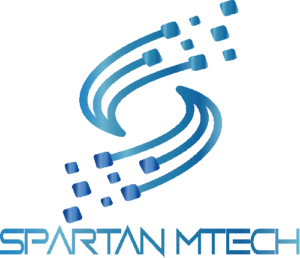WHAT IS A SMART CITY?
A smart city is an urban development vision to integrate information and communication technology (ICT) and Internet of things (IoT) technology in a secure fashion to manage a city’s assets. These assets include local departments’ information systems, schools, libraries, transportation systems, hospitals, power plants, water supply networks, waste management, law enforcement, and other community services. A smart city is promoted to use urban informatics and technology to improve the efficiency of services. ICT allows city officials to interact directly with the community and the city infrastructure and to monitor what is happening in the city, how the city is evolving, and how to enable a better quality of life. Through the use of sensors integrated with real-time monitoring systems, data are collected from citizens and devices – then processed and analyzed. The information and knowledge gathered are keys to tackling inefficiency.
Information and communication technology (ICT) is used to enhance quality, performance and interactivity of urban services, to reduce costs and resource consumption and to improve contact between citizens and government. Smart city applications are developed to manage urban flows and allow for real-time responses. A smart city may therefore be more prepared to respond to challenges than one with a simple “transactional” relationship with its citizens. Yet, the term itself remains unclear to its specifics and therefore, open to many interpretations.
Other terms that have been used for similar concepts include cyberville, digital city, electronic communities, flexicity, information city, intelligent city, knowledge-based city, MESH city, telecity, teletopia, Ubiquitous city, wired city.
Major technological, economic and environmental changes have generated interest in smart cities, including climate change, economic restructuring, the move to online retail and entertainment, ageing populations, urban population growth and pressures on public finances. The European Union (EU) has devoted constant efforts to devising a strategy for achieving ‘smart’ urban growth for its metropolitan city-regions. The EU has developed a range of programs under ‘Europe’s Digital Agenda”. In 2010, it highlighted its focus on strengthening innovation and investment in ICT services for the purpose of improving public services and quality of life. Arup estimates that the global market for smart urban services will be $400 billion per annum by 2020. Examples of Smart City technologies and programs have been implemented in Dubai, Milton Keynes, Southampton, Amsterdam, Barcelona, Madrid, Stockholm and in China.
Spartan MTech secure smart technology can work hand in hand with smart city initiatives.

